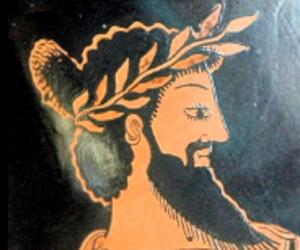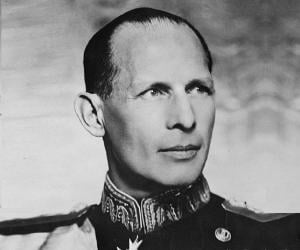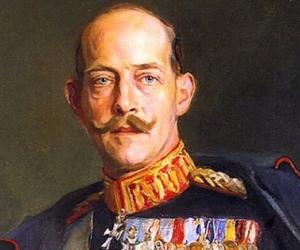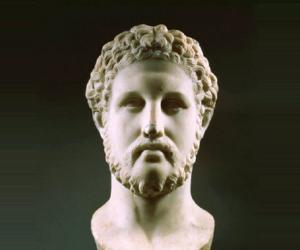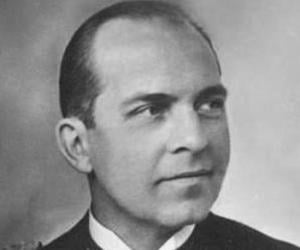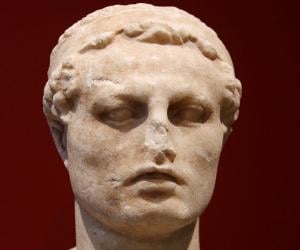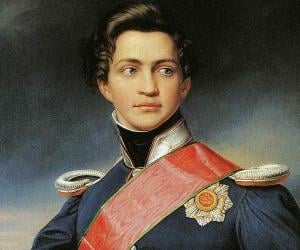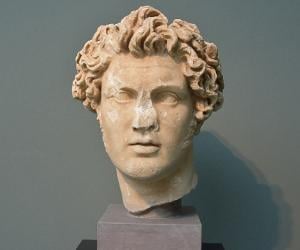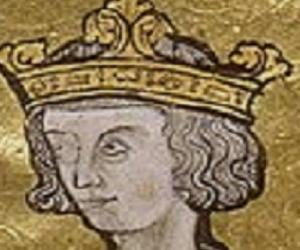Born: 595 BC
Croesus
(King)
Croesus was a Lydian King who ruled for 14 years between 560 BC and 546 BC. Herodotus writes that Croesus’ reign came to an abrupt end when he was defeated by the Persian King Cyrus the Great. Most of the accounts on Croesus indicate that he was an extremely wealthy king. Both Herodotus and Pausanias mention that his gifts were kept at Delphi. His defeat at the hands of Cyrus had a drastic consequence on the Greeks, marking a fixed point on their calendar. Besides a poetical account of Croesus on the pyre in Bacchylides’ ode, which was written to honour Hiero of Syracuse, three classical accounts exist of the legendary king. Herodotus gives the Lydian accounts of the conversation with Solon, the tragedy of Croesus' son Atys, and the fall of Croesus. Xenophon provides another account of the king in his panegyric fictionalized biography of Cyrus, titled ‘Cyropaedia’. Finally, Ctesias presents a version of Croesus’ story in his encomium of Cyrus. A progeny of Gyges of the Myrmnadae Clan, Croesus has become a figure of myth, who, according to historian J. A. S. Evans, stands “outside the conventional restraints of chronology”.
Emperors & Kings #366
3
2
